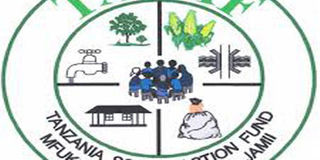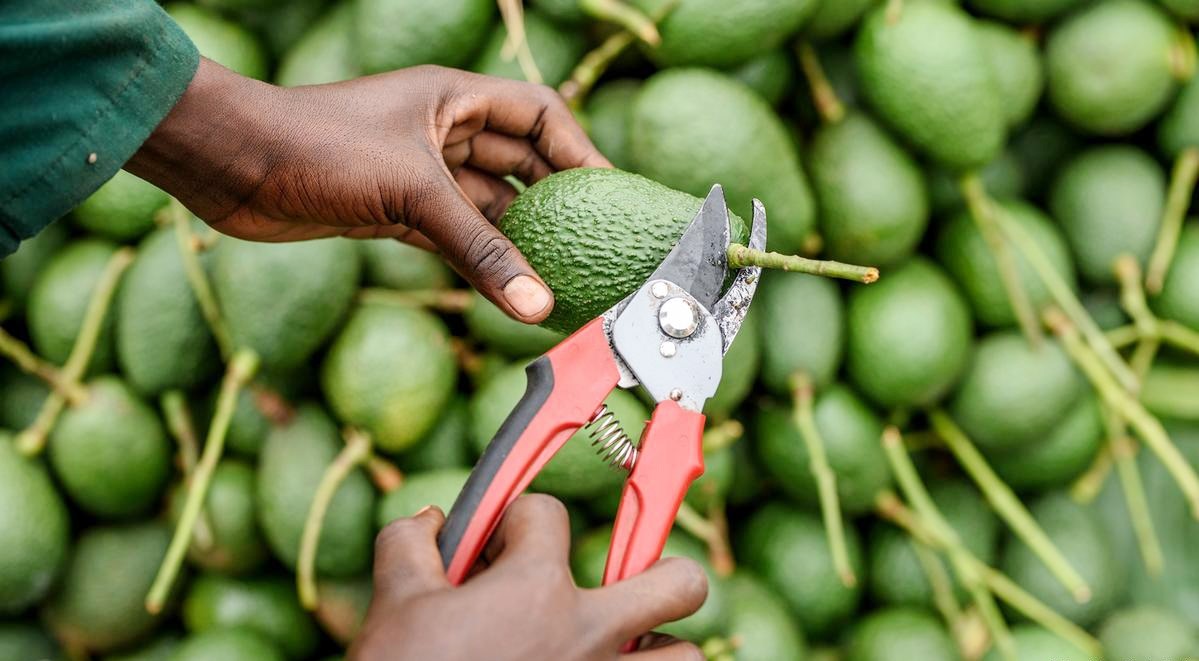Tasaf improves ID beneficiary system

What you need to know:
- Speaking in his office recently, the Tasaf monitoring officer, Mr Justine Bisangwa, said the system of using one ID only paved the way for some people to abuse it.
- “Now we want Tasaf beneficiaries to use both Tasaf and a voter registration IDs or, a passport or a letter from local leaders with a photo of its bearer on it,” said Mr Bisangwa.
Morogoro. The Tanzania Social Action Fund (Tasaf) in Morogoro Region has said the use of a newly introduced beneficiary system of using two different identity cards (IDs) has helped to check suspicious beneficiaries.
Speaking in his office recently, the Tasaf monitoring officer, Mr Justine Bisangwa, said the system of using one ID only paved the way for some people to abuse it.
“Now we want Tasaf beneficiaries to use both Tasaf and a voter registration IDs or, a passport or a letter from local leaders with a photo of its bearer on it,” said Mr Bisangwa.
He noted that doing so would minimise chances of abusing the system. The officer clarified that it was possible to abuse the Tasaf ID because it bored no photo of the beneficiary.
On complaints from some Tasaf beneficiaries that they hardly receive what they deserve, Mr Bisangwa said they were used to that because the new system had not been used at the time.
“It has been used effective from November last year as some beneficiaries, who didn’t qualify for funds, were automatically removed by the system,” he said.
According to him, some beneficiaries do not fulfil a condition of sending their children to school or to hospital. “In this case,” he said, “the system will automatically remove them.”
Mr Bisangwa elaborated that Tasaf was encouraging attendance of schoolchildren and parents to take their sick children to hospital.
On the issue of ghost beneficiaries, Mr Bisangwa said they were not many compared to other areas.
“We have 3,048 households from 4,039 after verification. If a beneficiary shifts from one street to another, he or she will be deregistered. If the beneficiary dies or is transferred, we will remove him from the list,” he clarified.
At the core of what Tasaf is and what it is doing is its commitment to ensuring that all people have fair access to resources, opportunities, rights and human dignity. Tasaf respects the variety and diversity that exists in society and promote equity and inclusion and wants to make all this a reality.




